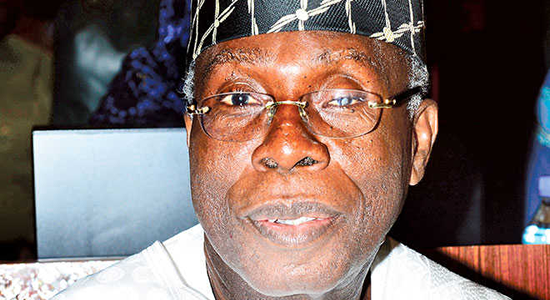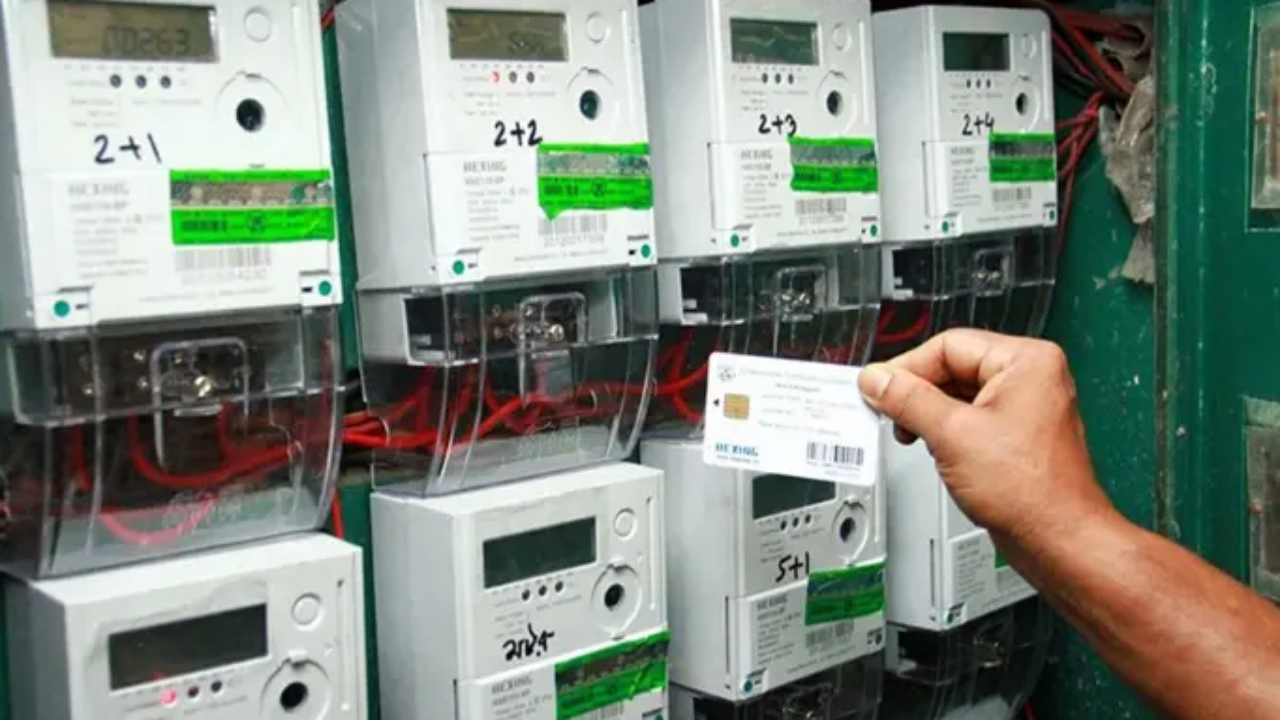Nigeria on Thursday kicked-off the export of yams to Europe and the United States, as part of moves to diversify its oil-dependent economy and earn much-needed foreign exchange.
Minister of Agriculture, Chief Audu Ogbeh, who flagged off the first consignment of tubers from the port in Lagos, on Wednesday said: “Oil and gas cannot employ millions of people just like agriculture so we must work hard to move from oil to earning foreign exchange from agriculture.”
The minister told a news conference that inspection charges on export produce would be reduced to encourage more overseas sales and greater competition.
He said “To make yam competitive, we will work on the packages and the right types of trucks to be used for transportation of the produce.”
Nigeria relies on crude oil sales for 90 percent of foreign exchange earnings and 70 percent of government revenue. But the worldwide oil slump slashed revenues, weakened the naira, pushed up inflation and stalled investment prompting the government to look to the non-oil sector to stem the tide.
Yam is a staple grown and eaten across Nigeria the price of the commodity has gone up since August. The country accounts for 61 per cent of the world’s total yam output, according to the UN Food and Agricultural Organization (FAO). However, there are concerns that the move could lead to further increase in the price of the yam in the domestic market.
“The (yam export) policy is going to compound our suffering,” said Lagos housewife Bolanle Akintomo.
“A tuber of yam that used to sell for between 200 and 300 naira (63-95 US cents, 56-83 euro cents) is now 1,000 naira ($3.2, 2.8 euros).
“With exports, the price will further go up.”
The National Association of Chamber of Commerce, Industry, Manufacturing and Agriculture said incentives were needed to produce enough yams for local and overseas consumption.
“There may be an increase in prices at the short-term but the prices will fall as more yams come to the market,” a NACCIMA official said.
Denja Yaqub of Nigeria Labour Congress (NLC), said the initiative could encourage farmers to increase output, earning foreign exchange for the cash-strapped economy.
“The policy will also make our agricultural produce competitive in the international market,” he added.
Yaqub said the government needed to reduce fuel costs for farmers, upgrade roads and improve storage facilities to cut waste in the supply chain and ultimately lower prices.





















